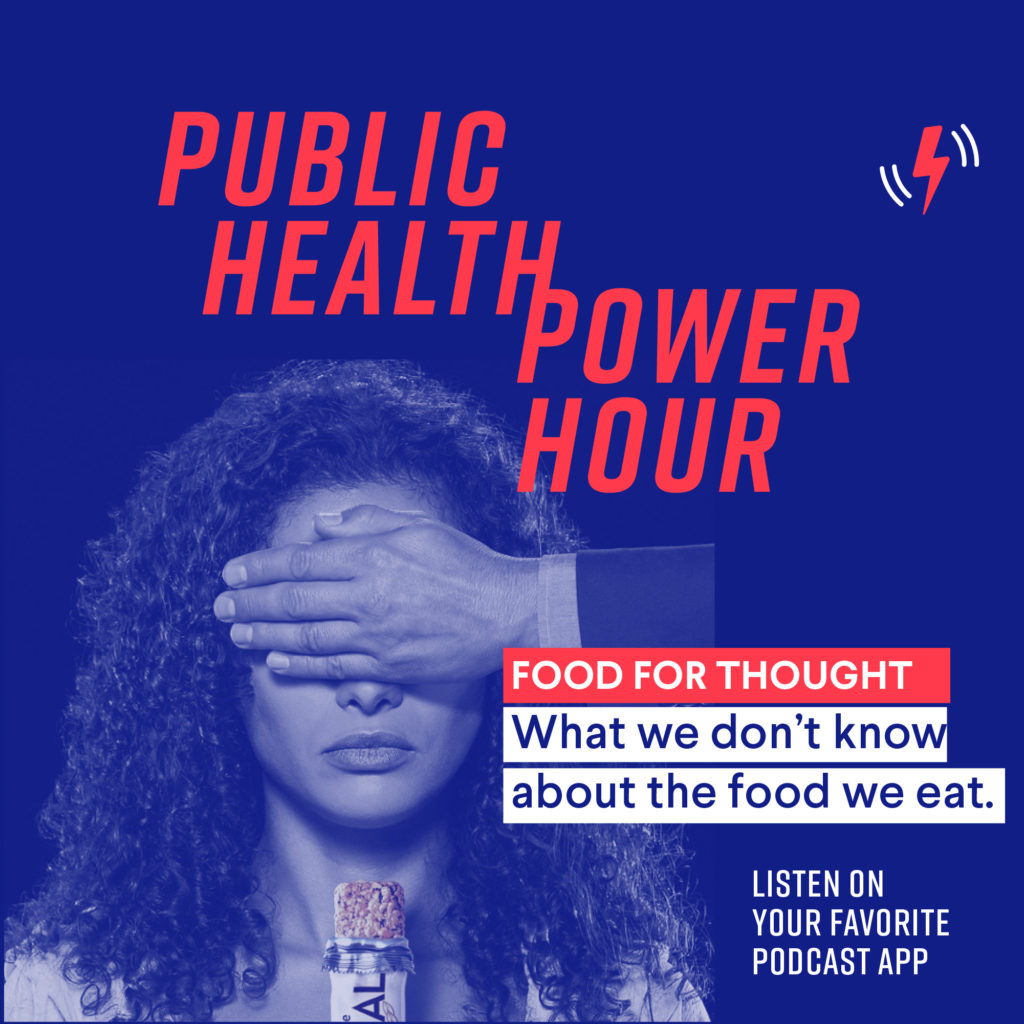A look at the nutrition facts panel on most packaged foods worldwide will reveal a list of ingredients not recognizable as real food—additives, emulsifiers, thickeners—that have been added in the industrial processing. These mass-produced products now account for over 50% of the calories consumed in the United States, and consumption is increasing rapidly throughout Latin America, Africa and Asia.
These ultra-processed products, with colorful packaging and even cartoon mascots, line grocery store and market shelves. Seemingly harmless, these foods and beverages are often full of salt, sugar and fat and are taking the place of traditional, healthier diets for many people. To make matters worse, they are often marketed aggressively, especially to children.
In September 2022, the World Health Organization released “Invisible numbers: the true extent of noncommunicable diseases and what to do about them,” a new report that found three-quarters of deaths globally are from noncommunicable diseases (NCDs) such as cancers, heart disease, diabetes and lung disease. Unhealthy diets, including those high in ultra-processed foods, are responsible for 8 million NCD deaths a year—19% of all NCD deaths.
Healthy food policies are one way to stem the tide of ultra-processed foods. Last year, Vital Strategies published a commentary in the BMJ highlighting how best to communicate with the public to build support for regulation. Front-of-package warning labels that clearly identify unhealthy products are one example. With a quick glance, consumers can make healthier choices right in the store.
Vital Strategies and our partner the University of North Carolina’s Global Food Research Program produced a guidebook, “What’s in Our Food? A guide to introducing effective front-of-package nutrient labels” designed to support governments, researchers, civil society groups and other stakeholders engaged in the development of front-of-package nutrient labels. In addition, Vital Strategies has been part of key communication campaigns in Barbados, Jamaica, Colombia, Brazil and South Africa focused on improving the food environment by implementing policies such as taxes on sugary drinks, front-of-package nutrient labels, restrictions on marketing to children and the removal of unhealthy foods from public institutions.
To invest in the future of healthy food policies, Vital Strategies awards Healthy Food Policy Fellowships to Ph.D. students who are residents of our focus countries. The application period for the next group of fellows opens on Oct. 17, 2022.
For more information about Vital Strategies’ food policy work in Barbados, Jamaica, Colombia, Brazil and South Africa is available here.
Our latest podcast

It’s not news that what we eat has a huge impact on our overall health. What’s not commonly known is that 8 million deaths are associated with poor diet – accounting for 19% of non-communicable disease deaths. Increasingly, ultra-processed foods and beverages have become readily available and have dramatically changed the way people eat, resulting in diets that are much less healthy. Our panelists discuss: What are ultra-processed foods and beverages? What harm do these products cause? What policies have been effective in addressing ultra-processed foods? Do front-of-package nutrient labels work? In the case of front-of-package labels in Brazil and Argentina, how was progress achieved? What were some of the lessons learned?
Listen to our Public Health Power Hour podcast with:
- Trish Cotter, Global Lead, Food Policy Program, Vital Strategies
- Tainá de Almeida Costa, Communication Program Manager, Brazil, Food Policy Program, Vital Strategies
- Steve Hamill, Vice President Policy, Advocacy and Communication, Vital Strategies
Listen on:
Learn from the experts
- “Food Marketing is Violating Children’s Rights – Low- and Middle-Income Countries are Leading the Charge to Regulate It”: Interview with Neena Prasad, M.D., MPH, MSc in Global Health NOW
- “Ultra-processed Foods Need a Warning Label to Protect Consumers” – Interview with Trish Cotter on The Leading Voices in Food podcast, Duke University Sanford World Food Policy Center
- “The Future of Food: How Food Policy Fellows Are Transforming Food Environments in South Africa, Colombia and Brazil”: Q&A with Healthy Food Policy Fellows and Follow the Data podcast
Resources
- What’s in Our Food? A guide to introducing effective front-of-package nutrient labels
- Better Labels. Better Choices. Campaign for Front-of-Package Labels in South Africa
- “Are We Drinking Ourselves Sick?” Campaign in Barbados
- How Media Helped Build the Case for Front-of-Package Warning Labels in Brazil: A Case Study
- Colombia Sugary Drinks Public Service Announcement
- Toolkit: Using A/B Testing for Campaigns on Digital Media
